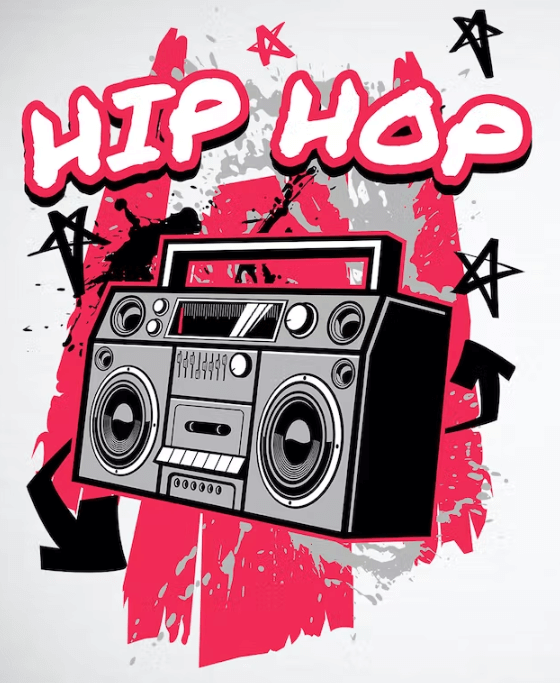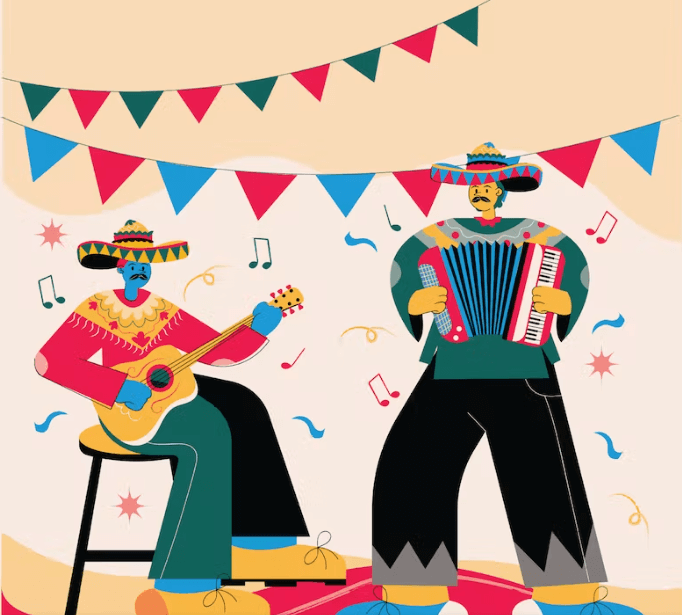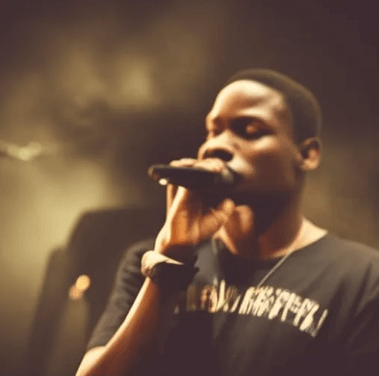What Does It Mean When Music Is Underground?

Underground music refers to musical genres and artists that are not mainstream or commercial. These genres and artists often have a more alternative or independent sound and may be less well-known to the general public. However, despite not being mainstream, underground music can be incredibly diverse and vibrant, with a dedicated and passionate following.
One of the main advantages of underground music is that it allows artists to experiment and push the boundaries of their genres. Without the pressure to conform to mainstream expectations, underground artists can take creative risks and explore new sounds and styles. This can result in music that is truly unique and original and can be incredibly inspiring and innovative.
Additionally, underground music often has a strong community and support network. Since underground artists and genres are not as well-known, their fans tend to be more dedicated and passionate. This can create a sense of camaraderie and solidarity among fans of underground music and can make attending concerts and other events a truly special and memorable experience.
Furthermore, underground music can be a great source of discovery and exploration for music fans. Since it is not as well-known, listening to underground music can be a way to discover new artists and genres that you might not have heard of before. In addition, this can be a great way to expand your musical horizons and discover sounds and styles that you might not have encountered otherwise.
For example, the punk rock movement of the 1970s was born out of the underground music scene. Punk rock artists were frustrated with the commercial and formulaic nature of mainstream rock and sought to create a raw and rebellious sound that rejected these norms. This resulted in the birth of a new genre of music that was energetic, aggressive, and raw, and had a profound impact on the music scene.
Similarly, the hip hop and rap genres also emerged from the underground music scene. In the early days of hip hop, artists were not widely known or recognized, and their music was not played on mainstream radio stations. However, their passion and talent eventually led to the creation of a new genre of music that was influenced by the sounds of the streets and that spoke to the experiences and struggles of urban communities.
Many underground music scenes have developed their own unique subcultures and styles. Punk rock fans, for example, often dress in a rebellious and individualistic manner, with leather jackets, spiked hair, and safety pins being common elements of punk fashion. Similarly, fans of hip hop and rap often adopt a “street” style, with baggy clothing, baseball caps, and sneakers being popular choices. These styles often reflect the values and attitudes of the music and its fans and can create a sense of belonging and community.
The internet has made it easier than ever for underground artists to share their music and connect with fans. Many underground artists have built dedicated followings online and have been able to reach new audiences through platforms such as YouTube, Spotify, and social media. This has allowed underground music to reach a wider audience and has given fans the opportunity to discover new and exciting music that they might not have heard of otherwise.
If you’re looking to discover new and exciting music, consider exploring the world of underground music and discover the incredible talent and creativity that it has to offer. Whether you’re a fan of punk rock, hip hop, or any other genre, there is a wealth of underground music out there waiting to be discovered.


